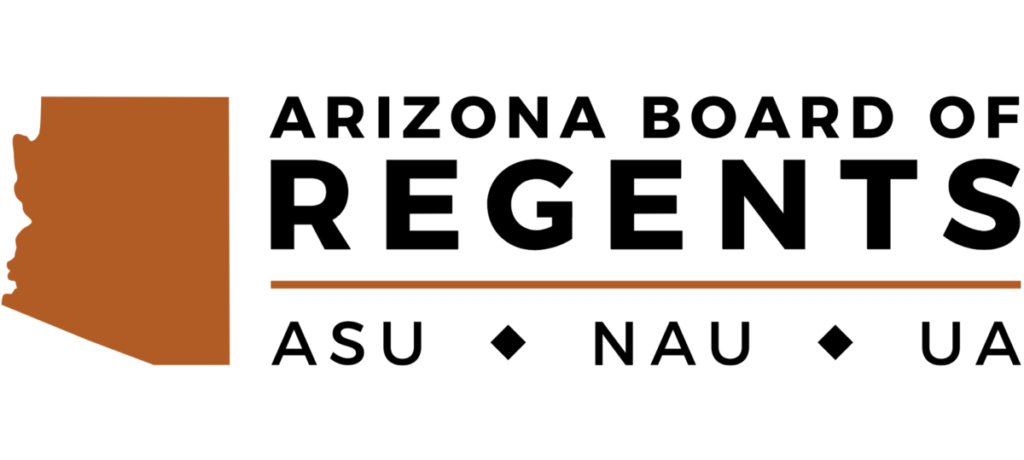Written by Lyndel Manson, Arizona Board of Regents Chair
While Arizona’s economy is moving forward today with strong momentum, a quiet storm threatens our state’s economic viability and its future.
During an era when Arizona’s workforce increasingly relies on skills gained through higher education, more than half of 2020 high school graduates did not enroll in a postsecondary institution following graduation. If this alarming trend continues, only 16.8% of today’s ninth graders will graduate from a four-year college by 2029.
Arizona’s level of educational attainment – the percentage of adults who earn a two- or four-year degree – significantly trails the nation. In 2020, less than half – 46.3% − of Arizona’s high school graduating class enrolled in a two- or four-year college or other postsecondary institution compared to 52.9% in 2019. This is a precipitous drop. Nationally, the immediate college enrollment rate for high school graduates in 2019 was 66%, more than 13 percentage points higher than Arizona’s rate.
Given the state’s long-term economic viability is intrinsically dependent on post-high school educational attainment, it is clear Arizona’s economy has yet to reach anywhere near its full potential.
However, there are bright signs on the horizon for Arizona’s future economy and workforce. The Arizona Board of Regents’ New Economy Initiative and the Arizona Promise Program scholarship are designed to reverse these trends and help grow the state’s next generation of workforce talent and ensure economic opportunity for more Arizona families.
Through the New Economy Initiative, Arizona’s public universities are capitalizing on key areas of strength to develop and attract more high-value industries to Arizona. The Arizona Board of Regents’ budget request for fiscal year 2023 builds on the New Economy Initiative, including the Arizona Promise Program scholarship.
Presidents of Arizona’s public universities are driving innovation to make lasting change in Arizona. Through their outstanding leadership, the universities can point to several exciting outcomes from New Economy Initiative programs, including expansions in manufacturing, engineering, health care, mining and aerospace programs that will continue to prepare the state’s workforce for the next decade.
As part of the New Economy Initiative, Arizona’s competitiveness will increase with the Arizona Promise Program by providing increased access to students from low-income families. Covering tuition and fees for qualifying students, the state included $7.5 million in fiscal year 2022 for the program and the board is pledging to cover all eligible students. Promise programs in other states have resulted in increases in K-12 achievement, high school enrollment and retention, college enrollment and completion, and local economic growth.
Increasing educational attainment in Arizona is a multi-pronged effort. Providing access to students through programs such as the Arizona Teachers Academy, utilizing research into perceived barriers to higher education, reforming financial aid and reviewing the admissions process are among initiatives the university enterprise is utilizing to improve college going.
Northern Arizona University’s new admissions pilot program will expand access to excellence for Arizona students whose high schools don’t offer all of the core courses required for admission. Increasing Free Application for Federal Student Aid submissions and creating a college-going awareness campaign are additional efforts the board is launching to address this critical issue facing the state.
Building on Arizona’s already successful economy with an investment from the state will produce a 21st-century workforce that can compete throughout the world while providing the technological and scientific underpinnings that serve as the foundation for new businesses and drive incomes up in Arizona.
It’s time for Arizona to take advantage of this tailwind to avoid the coming storm.


